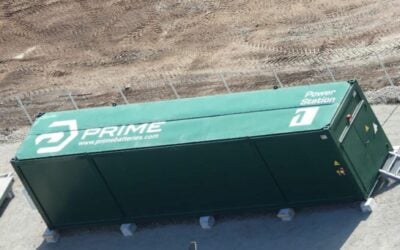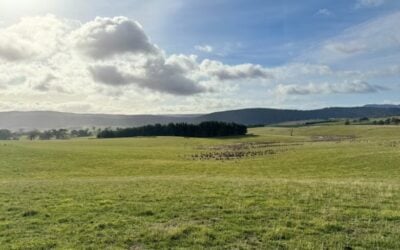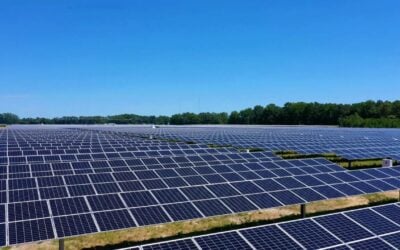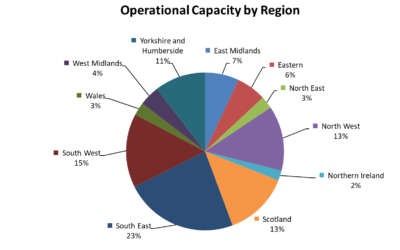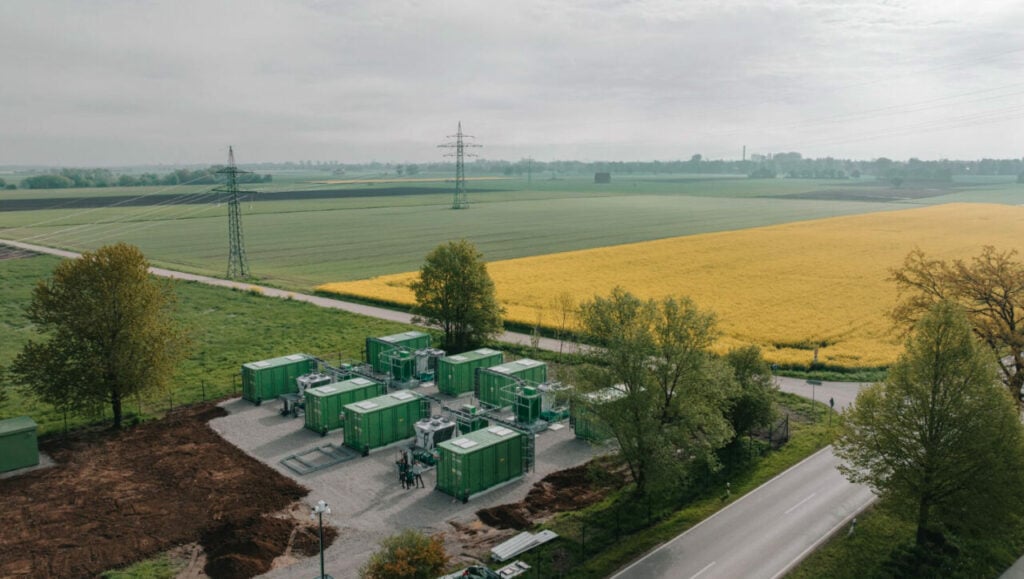
Developer Kyon Energy has secured construction approval for a 2-hour large-scale battery energy storage system (BESS) project in Saxony-Anhalt, Germany.
The firm said construction of the BESS project, which has a power rating of 58MW and 116MWh of energy storage capacity, will start in 2024 with operation expected in 2025. It is located in the city of Magdeburg.
Enjoy 12 months of exclusive analysis
- Regular insight and analysis of the industry’s biggest developments
- In-depth interviews with the industry’s leading figures
- Annual digital subscription to the PV Tech Power journal
- Discounts on Solar Media’s portfolio of events, in-person and virtual
Or continue reading this article for free
It comes three months after Kyon announced a 600MW pipeline of BESS projects with renewable energy developer and financing firm Obton, while the pair collaborated on a 32MWh system commissioned last year, which Kyon developed and Obton financed. Kyon didn’t specify whether the new project is part of that co-operation.
Deployments in the German grid-scale energy storage market have picked up sharply since 2022 after the quiet few years which followed the saturation of available ancillary service market opportunities. Alongside increased opportunities in ancillary services and energy trading, federal grants for co-located projects are helping drive growth in projects under Germany’s Innovation Tender.
Some 400MW of solar-plus-storage projects recently won Innovation Tender contracts which will give them an additional premium per kWh of energy discharged.
Kyon said the new project will provide grid stabilising services as well as helping to integrate more renewables onto the grid, with its 2-hour duration allowing for more energy-intensive activities.
As Energy-Storage.news reported last month, 2-hour BESS projects in Germany are now deriving a majority of their revenues from energy-driven activities like wholesale energy trading and the provision of energy through ancillary service aFRR (automatic frequency restoration reserve).
One-hour systems meanwhile still make most revenues through FCR (frequency containment reserve, which requires a response time of 30 seconds versus five minutes for aFRR), and having capacity available for aFRR, which is remunerated separately to actual provision of energy.


